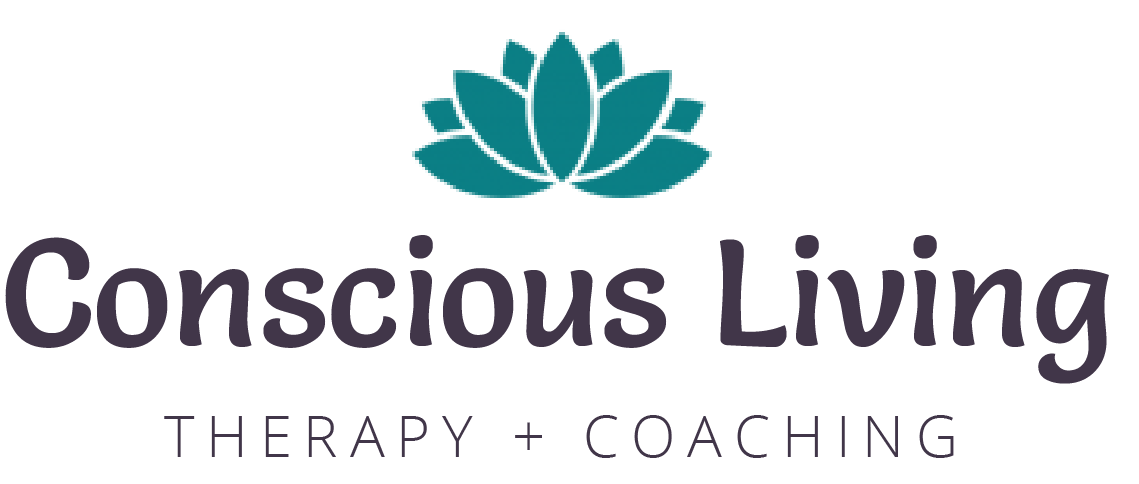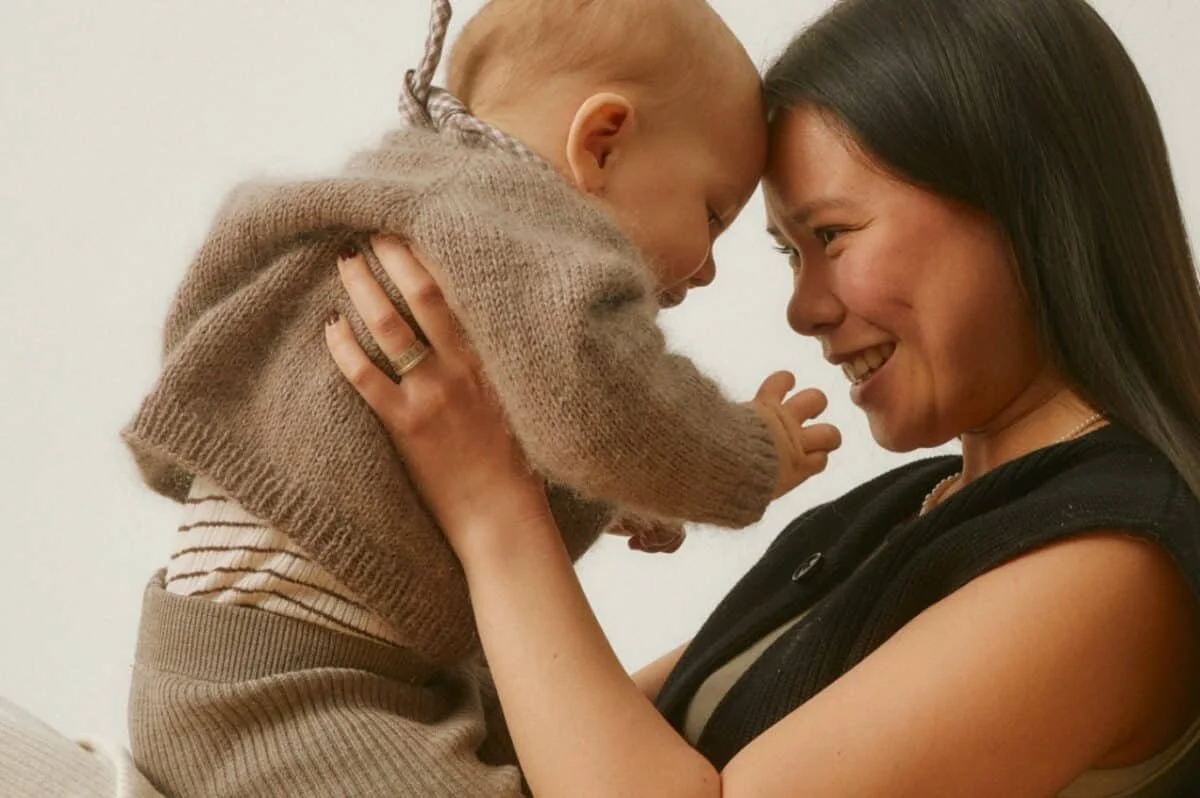Conscious Connections
How progress actually works & Five subtle signs you ARE growing
Whether we’re pursuing an achievement or seeking healing, it’s normal to want overnight success. We want to see a straight incline, consistently going up, with no drops. We want to take a quantum leap over the messy middle and land right in our ‘glow-up’ era.
But progress isn’t a straight, upward facing arrow, because real-life growth isn’t linear – it’s messy, full of dips and detours.
Progress and healing often feel like one step forward and two steps back, but friend – even the backward steps are part of the dance. If you’re behind-the-scenes reality doesn’t match someone else’s highlight reel, please know… You’re not doing it wrong.
In this blog post, we’re going to explore the true reality of real growth – how we learn, heal, and grow and why so-called ‘set backs’ are not signs of personal failure.
The healing power of forgiveness – What forgiveness is, what it's NOT, and why it matters
Forgiveness is arguably one of the most triggering topics, and not just within mental health spheres. In large part, I think the concept of forgiveness is so controversial because the word gets thrown around and misused so much. So, in this blog post, we’re going to define true forgiveness, get honest about why forgiveness is so hard, and talk about why forgiveness is integral to your growth and transformation.
But first… we need to clear the air. Before we explore how forgiveness can play a role in your healing journey, let’s get some crystal-clear disclaimers out on the table…
What forgiveness is NOT
There’s this notion that forgiveness somehow equals relational repair — especially in abusive relationships, traumatic situations, or in environments where there is intense religious or cultural pressure to reconcile. But that’s simply not true. Forgiveness does not automatically translate to trust or reconciliation.
• Forgiveness doesn’t equal access.
• Forgiveness doesn’t mean approval.
• Forgiveness is not a platitude, and ‘forgive and forget’ is not a healthy, catch all solution.
• Forgiveness is not excusing the wrong. Nor is it saying that what happened was ‘okay.’
• Forgiveness doesn’t mean you pretend not to be hurt or that it didn’t happen.
• Forgiveness doesn’t reclassify a serious offense as ‘a mere mistake.’
• Forgiveness is not a get out of jail free card and doesn’t relieve the offender of responsibility.
• Forgiveness is not a feeling.
• Forgiveness is NEVER justification for continued disrespect or abuse.
Forgiveness doesn’t automatically ‘fix’ everything. It doesn’t make the pain go away. It doesn’t shrink the gaping wound that’s now there. But it can create space for your own internal healing and peace.
How to manage conflict in a relationship & 15 Rules for fighting fair
Respectfully managed conflict is a green flag of healthy relationships. Seriously. I get a ‘red flag’ feel whenever I hear couples say they ‘never fight.’ Because the truth is, the strength of a relationship is not based on how well you get along, but more-so on how well you navigate conflict and repair the relationship after a rupture or disagreement.
Stick with me while we unpack how to manage relational conflict. We’ll dissect the do’s and don’ts of healthy arguing, learn how to ‘fight fair,’ and even explore some of the benefits of healthy conflict.
Let’s start with the basics…
Why does fighting fair matter?
Fighting fair matters because fighting is inevitable. And – when navigated respectfully – healthy. The Adult Chair framework gives us a strong foundation for analyzing the behind-the-scenes emotions of relational tension.
From the seat of the Adolescent Chair, fighting is… well, it’s the worst. When the Inner Child’s desire for love and acceptance arises, the Inner Adolescent will often take over and assume control in order to protect the Child from potential rejection. But the Inner Adolescent doesn’t have access to the adult tools necessary for navigating conflict in a healthy way.
In other words, the Inner adolescent doesn’t know how to ‘fight fair’ – so they rely on impulsivity and emotional reactivity. Driven by their ‘do it now’ mentality, their overwhelming sense of urgency, and their intense fear of being misunderstood, the Inner Adolescent navigates conflict the only way they know how utilizing the usual defense mechanisms – rage, blaming, overreactions, overt control, codependency, people pleasing, avoidance, etc.
This is why NOT fighting fair can feel so catastrophic – because it can trigger our Inner Adolescent. Once the Inner Adolescent takes the driver’s seat, the situation often gets worse. This is also why so many adults become conflict averse and avoid conflict just to ‘keep the peace.’ But the avoidance of conflict is not the same as peace.
If someone in the relationship is suppressing their feelings to ‘keep the peace,’ what they’re actually doing is avoiding authenticity. That type of withholding doesn’t produce real peace. It doesn’t build a healthy, happy relationship. It fuels resentment and creates further disconnection.
Understanding attachment theory – The four attachment styles & what they mean
Have you wondered why certain people make you feel safe but others make you feel on edge? How in certain environments you might shrink and get quiet? One particular person may make you feel jittery, anxious, or drained, but another individual will bring out your humorous or relaxed side?
There’s a reason why we connect – or don’t connect – with others the way we do. And the explanation has much to do with our attachment style.
What is an attachment style?
An attachment style is the way we connect or relate to others in relationships and reflects the initial way we learned to form relational bonds. Starting in infancy, we developed patterns of behavior for how we navigate relationships – especially close ones. These early interactions formed the foundation of our attachment style. Consequently, they help explain why we experience and navigate life the way we do.
Why attachment styles matter?
The way we seek relational closeness, safety, and comfort are biologically driven survival mechanisms, and our first attachment experiences, often with caregivers, are powerfully influential. Much like a blueprint or imprint, early attachment experiences lay the foundation for how we relate and connect with others in adulthood.
What is codependency? Top signs, root causes, and how to heal
“If you’re good, I’m good. If you’re not ok, then I’m not either.”
Codependency is exhausting.Feeling like your emotional wellbeing is dependent on someone else can feel terrifying. And organizing your life around someone else in order to feel the connection you crave, simply… doesn’t… work.
Friends, in this post, we’re going to deconstruct codependency – what it is, how it originates, attachment styles, relational dynamics, and how to break the cycle. Rest assured, I know how sensitive this topic can be. Codependent thoughts, feelings, and behaviors often come from a wounded place, so we’ll be walking through this topic very gently together.
In a nutshell, codependency is, “Your mood determines my mood.” Codependency is an inward orientation toward building external intimacy with others. In other words, it’s the practice of making yourself feel better by being overwhelmingly preoccupied with someone else.
Codependency is often the external manifestation of the subconscious belief that by focusing hard enough on what other people are thinking, feeling, saying or doing, you’ll be better able to control or manage the external environment to calm internal anxiety.
Narcissistic Traits vs. NPD: Key differences, red flags, and how to begin healing
A quick scroll on social media may lead you to believe that everyone is a narcissist today. But while narcissistic personality traits may abound, only an estimated 1-2% of the population has Narcissistic Personality Disorder (NPD).
Why does this matter?
It’s become way too easy to label your co-worker, boss, ex, or mother-in-law as a narcissist, but pathologizing behavior with labels is not always the best approach. By understanding the difference between the character traits and the disorder, we’re able to respond better with more mindfulness, compassion, and accuracy. We’re also able to know when and how to cautiously lean in with authenticity vs run for the hills.
Unlike NPD, narcissistic traits exist on a spectrum, and it is possible for an individual to exhibit narcissistic characteristics without being a true narcissist. The key here is severity, frequency, and motivation.
For instance, associating a positive self-image with the greater good is a natural part of psychological development – especially for children and adolescents. It’s normal for children and adolescents to have a bit of an inflated self-image and daydream about being superheroes, famous athletes, or inspirational musicians. Even for adults, it’s possible for extremely high self-esteem to be balanced with prosocial behaviors.
Of course, there is a difference between influence and exploitation, but the point is that more often than not, people are not narcissists – they’re emotionally immature or have a victim mindset.
Understanding grief – A compassionate guide to different types of grief & How to heal
Grief is arguably the most complex and painful emotion a human can experience, and because grief manifests in many different ways, it’s also one of the most misunderstood. From losing loved ones to mourning the loss of a relationship or our childhood, grief is always a tough topic… so let’s explore it gently together.
What is grief?
At the most basic level, grief is the natural, anguish-ridden response we feel when a loss occurs, and a ‘loss’ is when something we love or wanted is taken away. When we move beyond the basics, we see that grief is love with nowhere to go, and perhaps this is why grief has such a strong tendency to overwhelm us. It can storm the castle, spread like wildfire, and invade every corner of our personal kingdom at any point.
While grief can feel invasive, grief is not the enemy. Grief, in many ways, is the best most loving part of us – the part that’s desperately, relentlessly searching anywhere and everywhere for the thing or the one we lost.
Understanding emotional immaturity in adults – Why age does not equal maturity
As we practice living and functioning in our Healthy Adult, it becomes easier to notice all the emotional immaturity within and surrounding us. Why is it that so many adults (including ourselves sometimes) struggle with emotional regulation? Even when we try to be healthy, emotionally self-aware adults, why is it so easy to backslide/regress into emotional immaturity?
Emotional immaturity is an inability to understand, express, and manage emotions in an age-appropriate, responsible, and effective way. In The Adult Chair framework, emotional immaturity is often living from your Adolescent Chair – the part of you that is reactive, scared, stuck in survival mode, and dependent on others for emotional security and validation. Underneath it all, believe it or not, the ultimate need is to maintain safety and belonging.
Emotional maturity is living from the Healthy Adult, meaning, you’re grounded, curious, emotionally self-aware, and compassionate toward yourself and others. You respond to situations as an emotionally well-developed individual, and this is shown in the way you handle feedback, express empathy, and take responsibility.
The truth about self-love & 30 Meaningful ways to practice self-love
In my session work, my clients and I discuss how important relational health is to personal wellbeing. So, let’s do a short relational health exercise in our heads together right now.
Take a quick inventory of the top five or so people you care about most in your life. Think of the people you love most in the world – the relationships you prioritize over everything else – and answer the following questions:
· Who do you gift your time, energy, and compassion to?
· How do you express your love to these individuals?
· In what ways do you prioritize them?
· Last question… Did you include yourself on that list?
If you forgot to put yourself on the list, you’re not alone. Many people struggle with prioritizing self-love. But why? Let’s explore what self-love really is, what self-love is not, why it matters, how to practice self-love, and why loving ourselves feels so… selfish?
#DeepBreathIn #Exhale
Let’s dive in…
New Year, Same Me: Embracing self-acceptance and reducing goal-setting pressure
Well… New Year’s is here again. Time to change our hair, up the ante, make lofty, ‘life-changing’ goals, and then exhaust ourselves trying to accomplish those resolutions… Yay.
To be fair, sometimes this works. Depending on your personality, season of life, and other nuanced variables, the whole New Year, New Me thing could be fun and may even be feasible. But if the mere thought of New Year’s resolutions provokes a tired sigh from the depths of your being, then please know you are definitely not alone.
Pressure from elaborate New Year’s resolutions often leads to burnout, stress, or worse – inaccurate and unwarranted feelings of inadequacy. The truth is that sometimes those New Year’s goals simply aren’t achievable. There. I said it. And I don’t say that to disempower you or suggest your potential is limited. It’s not.
All I’m saying is, what if the goal you really need to set for yourself this year is to embrace who and where you are? Because there is a time and place for ambitious resolutions, but for many of us, setting realistic intentions instead of goals may be the far more mindful option.










